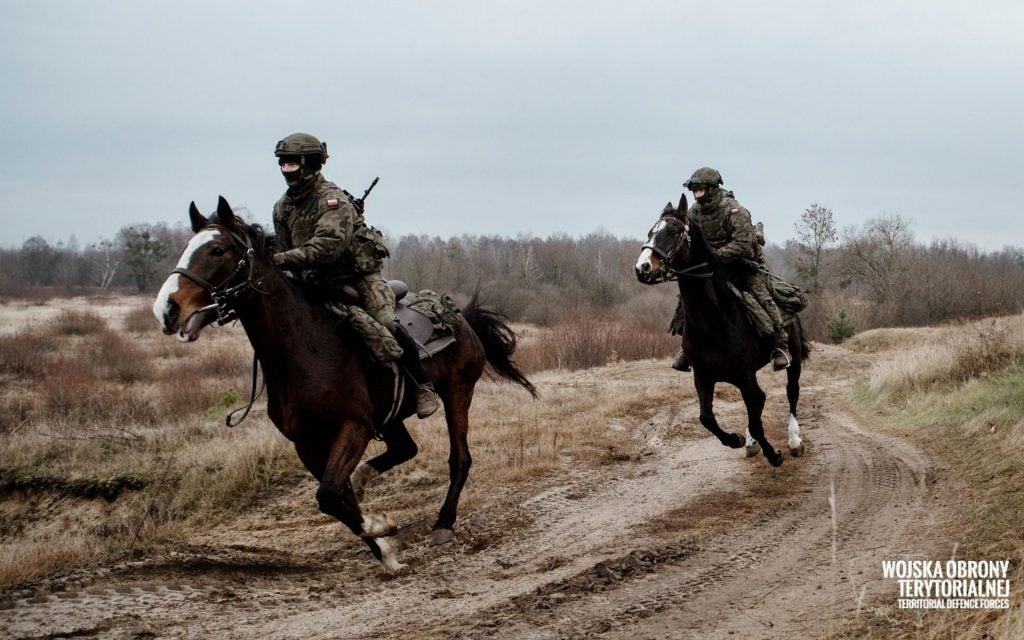Polish Deserter Claims Mass Execution of Refugees, Seeks Asylum in Belarus
An unprecedented incident took place last Friday on the Polish-Belarus border. A soldier of the 11th Artillery Regiment went missing during participation in standard daily activity a day before. However, on the morning of Friday, 17 December, the soldier appeared on Belarusian state news, claiming that the Polish authorities are hiding mass executions of migrants at the border with Belarus.
The Armed Forces General Command confirmed that the soldier went missing during participation in normal daily operations on Thursday. The location of the soldier, Emil Czeczko, was unknown until he appeared in an interview in Belarusian state media. During the television interview he claimed that a couple of months ago he participated in executions of migrants committed by Polish Border Guards. According to Czeczko’s statement, he and a friend were taken on a truck, then intoxicated with alcohol only to be forced by armed Border Guards to commit atrocities. The story of abuse of alcohol by Polish soldiers and denying access to humanitarian aid organizations continued with the accusation of volunteers also being killed. No humanitarian volunteers have currently been reported missing. The interview continued, taking on an increasingly propagandic tone rather than a statement from a remorseful soldier who committed such terrible acts.
But who is Emil Czeczko? The deserter’s Facebook account was quickly traced. From the statements he made and the content he followed it might be assumed that Emil was a supporter of a radical right-wing alliance of libertarians and nationalists – the Confederacy (Konfederacja). The soldier was sharing eurosceptic comments as well, claiming in one of them that it would be a good decision to escape from the EU. Besides his views, the soldier had issues with the law and had reportedly submitted his resignation from the military. According to TVN, Czeczko was reportedly arrested by local police on Saturday, 11 December, intoxicated with alcohol and marijuana.
The reasons why the soldier decided to seek asylum in Belarus are partially known, however, it is possible that he was either captured or forced by the Belarusian secret services to cooperate. Regardless of how he came to be in Belarus, his interview is just another element of the wider ongoing hybrid confrontation.

